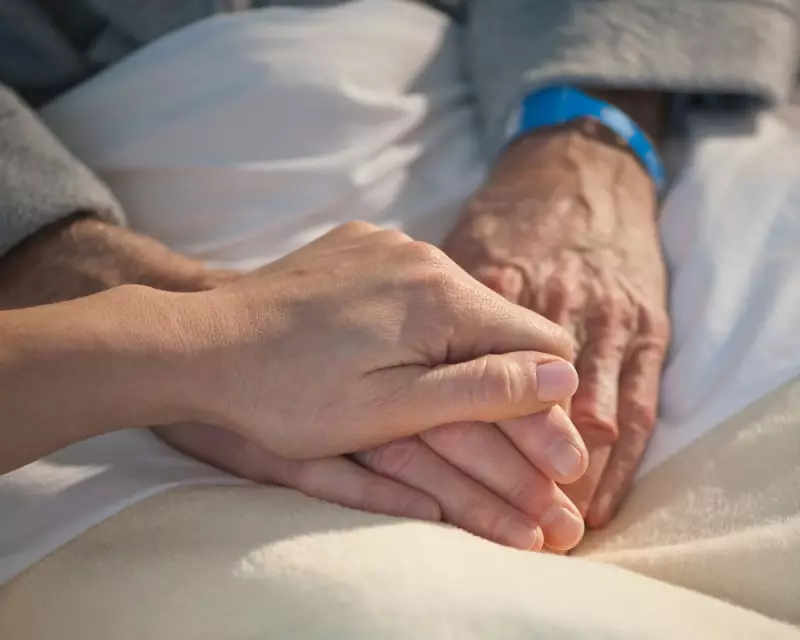
A silent crisis is unfolding across Britain's healthcare landscape, one that affects us all yet remains largely hidden from public view. The nation's end-of-life care system is buckling under immense pressure, leaving thousands of vulnerable people and their families to navigate their final journey without adequate support or dignity.
The Stark Reality Behind the Statistics
Recent investigations reveal a system stretched to breaking point. Healthcare professionals report that patients are spending their last days in distressing conditions, often without access to essential pain relief or emotional support. The problem isn't merely about medical treatment—it's about fundamental human dignity during life's most vulnerable transition.
Why This Crisis Demands Immediate Attention
Several critical factors have converged to create this perfect storm in palliative care:
- Ageing population: Britain's demographic shift means more people require end-of-life support than ever before
- Workforce shortages: Specialist palliative care nurses and doctors are in critically short supply
- Funding gaps: Hospices and community care services face constant financial uncertainty
- Geographic inequality: Access to quality end-of-life care varies dramatically across different regions
The Human Cost of Systemic Failure
Behind these systemic issues lie deeply personal tragedies. Families describe watching loved ones suffer unnecessarily, while healthcare professionals speak of their frustration at being unable to provide the compassionate care they know is possible. The emotional toll on both patients and caregivers represents a hidden epidemic within our healthcare system.
A Call for National Conversation and Action
Experts argue that addressing this crisis requires more than just additional funding—it demands a fundamental shift in how we approach death and dying as a society. Key recommendations include:
- Integrating end-of-life care planning into routine healthcare discussions
- Increasing training for healthcare professionals in palliative medicine
- Developing community-based support networks for families
- Ensuring equitable access to hospice services across all regions
- Promoting public awareness about end-of-life care options and rights
The time for action is now. As one palliative care specialist noted, "How we care for the dying reflects our values as a society. Currently, that reflection shows we have significant work to do." This isn't just a healthcare issue—it's a test of our collective humanity and compassion.





